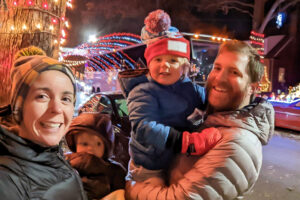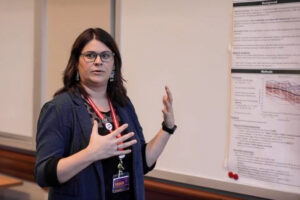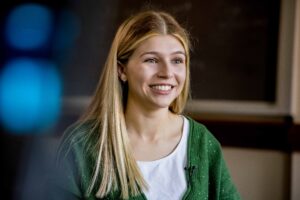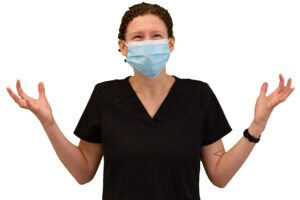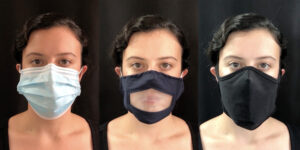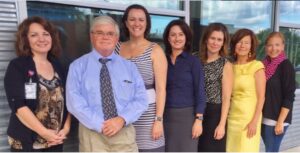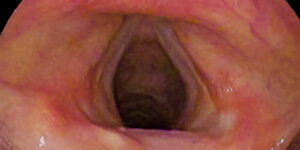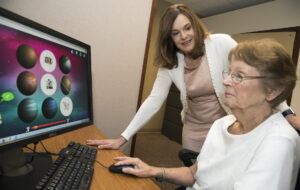Clinical Speech Pathologist Megan Radder finds her career a perfect way to combine her interests in medicine and music. She celebrates voice every day by assisting patients in the Voice and Airway Center at Washington University School of Medicine. How long have you been working for WashU ENT? I started working in Oto in 2014 […]
Q&A with Clinical Speech Pathologist Megan Radder
